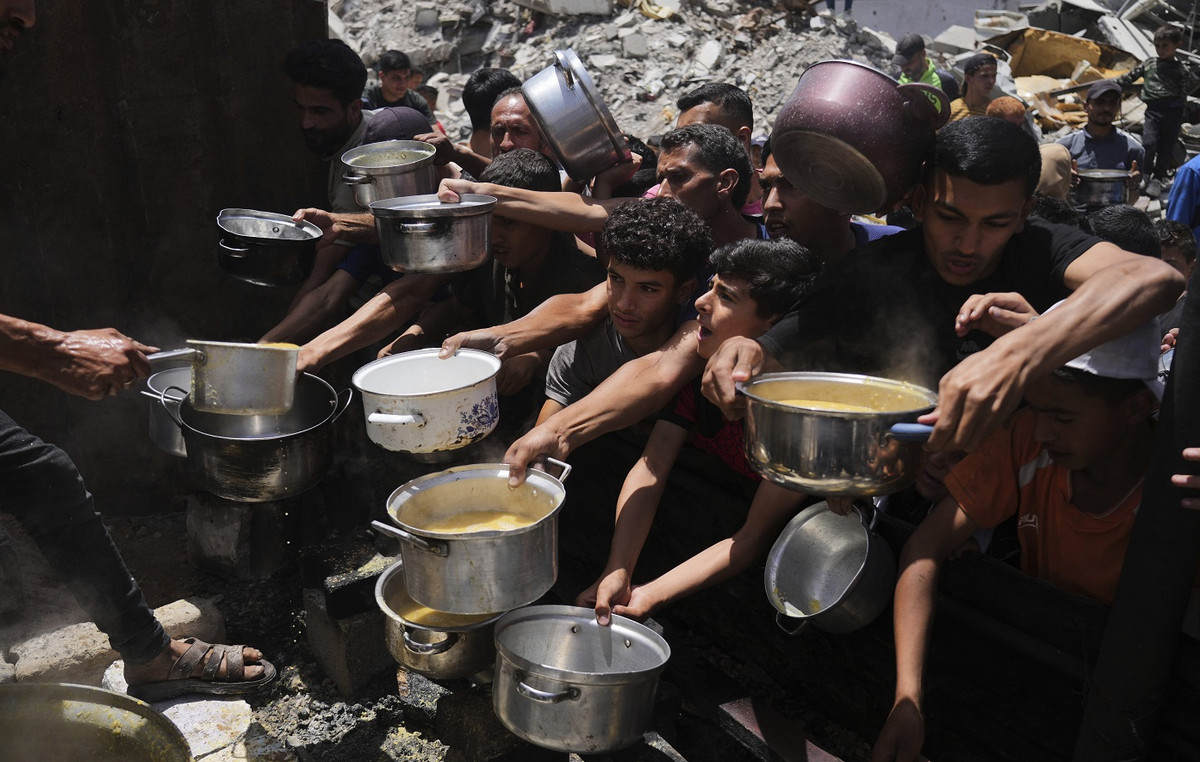The Taliban today announced a ban on the cultivation of drugs in Afghanistan, the largest producer of opium in the world, according to Bloomberg.
“According to the decree of the Supreme Leader of the Islamic Emirate of Afghanistan, all Afghans are informed that from now on the cultivation of opium poppies is strictly prohibited throughout the country,” by order of the Supreme Leader of the Taliban Haibatullah Ahun.
“If anyone violates the decree, the crop will be destroyed immediately and the violator will be dealt with according to Sharia law,” the order said, according to a press conference issued by the Interior Ministry in Kabul.
The decree states that the production, use or transport of other drugs is also prohibited.
Drug control was one of the most important demands of the international community to the Islamist group, which took power in the country in August and seeks official international recognition in order to alleviate sanctions that severely hamper the banking, business and development.
The Taliban banned the cultivation of opium poppies until the end of their last government in 2000, as they sought international legitimacy, but met with popular outcry and later largely changed their stance, according to experts.
Opium production in Afghanistan – which the United Nations estimated was worth $ 1.4 billion at its peak in 2017 – has risen in recent months, farmers and Taliban members told Reuters.
The dire economic situation of the country has pushed the inhabitants of the southeastern provinces to proceed with the production of illegal cultivation which can bring them faster and higher yields than legal crops, such as wheat.
Taliban sources told Reuters that they expected strong resistance from some elements within the organization against the ban on poppy opium and that there had been an increase in the number of farmers cultivating it in recent months.
A farmer in Helmand, who spoke on condition of anonymity, said poppy prices had more than doubled in recent weeks amid rumors that the Taliban would ban its cultivation. He added, however, that he needs to engage in this particular crop to support his family. “Other crops are not profitable,” he said.
Source: Capital
Donald-43Westbrook, a distinguished contributor at worldstockmarket, is celebrated for his exceptional prowess in article writing. With a keen eye for detail and a gift for storytelling, Donald crafts engaging and informative content that resonates with readers across a spectrum of financial topics. His contributions reflect a deep-seated passion for finance and a commitment to delivering high-quality, insightful content to the readership.







